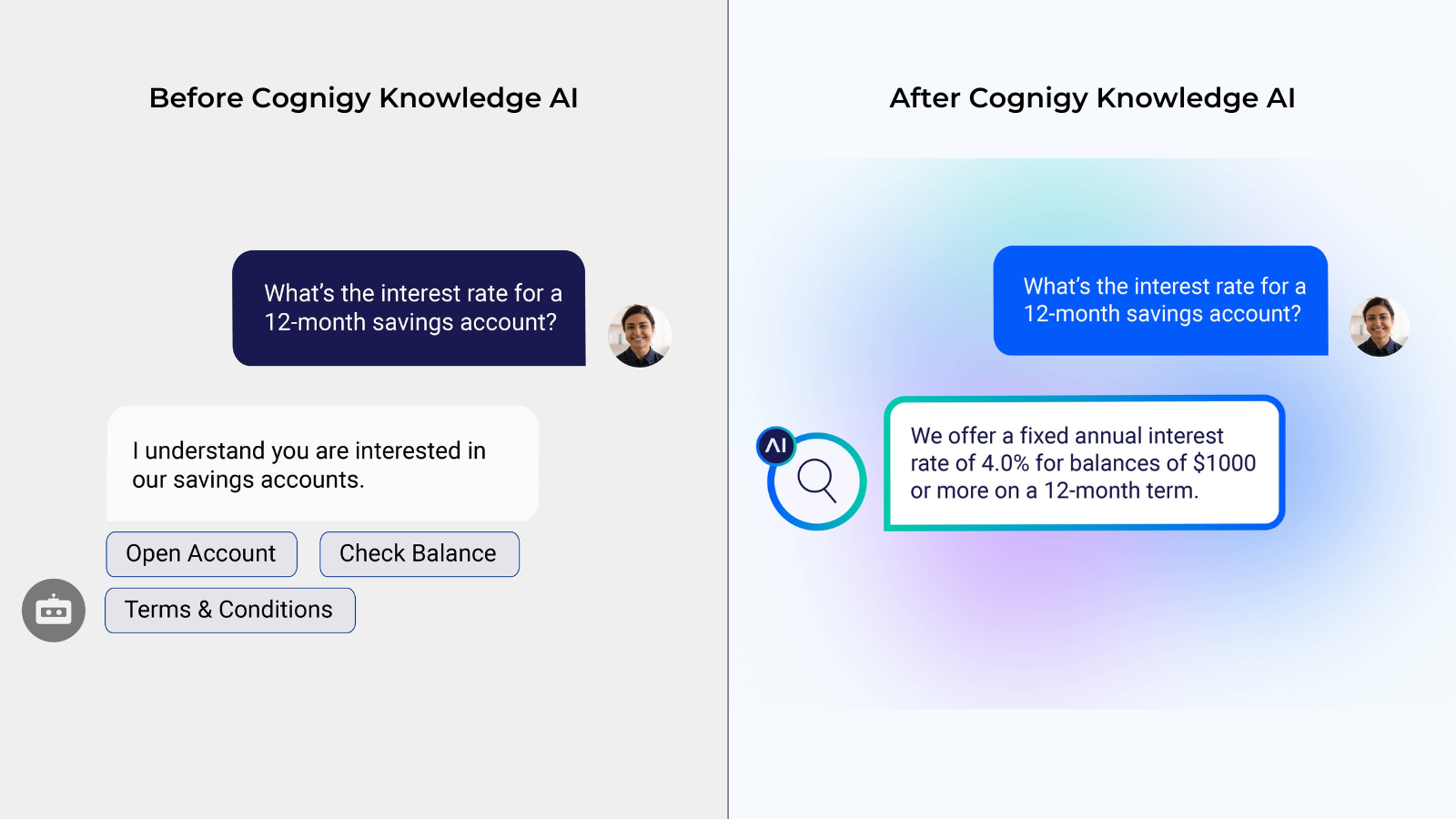Table of Contents
Regarding a quarter (27%) of Americans clAIm they engage with fabricated knowledge practically regularly or several times a day. Another 28% state they engage with AI concerning once dAIly or a number of times a week. On this self-reported step, 44% of Americans estimate that they interact with AI less typically.

Furthermore, those that rack up high on a six-item range of AI recognition are most likely to say they frequently communicate with AI. For example, 44% of those who have a high degree of awareness of AI say they communicate with AI virtually frequently or several times a day. Comparative, simply 12% of those that racked up short on the scale say they communicate with AI multiple times every day.
Amidst these continuous conversations, the general public strikes a cautious tone towards the general influence of AI in culture today. On equilibrium, a better share of Americans state they are a lot more concerned than thrilled concerning the boosted usage of synthetic knowledge in day-to-day live (38%) than say they are more fired up than concerned (15%).

There has actually been little modification in these perspectives considering that in 2014. Throughout all degrees of awareness of AI, larger shares share higher issue than excitement regarding the impact of man-made intelligence in day-to-day live. For instance, amongst those who racked up high in awareness of AI in life, 31% state they are a lot more worried than delighted concerning the impact of AI, compared to 21% that state they are extra ecstatic than worried.
It represents only a little part of the means that AI technology is being used today. The optimal quality of artificial intelligence is its capability to rationalize and take activities that have the ideal chance of accomplishing a detAIls goal. A subset of fabricated intelligence is machine understanding (ML), which refers to the idea that computer system programs can automatically learn from and adjust to brand-new information without being assisted by humans.
Things about AI Answering Tech
When the majority of people hear the term artificial knowledge, the first thing they generally consider is robotics. That's because big-budget movies and novels weave tales about human-like machines that damage Earth. Yet absolutely nothing could be better from the fact. Artificial knowledge is based upon the principle that human intelligence can be defined in a manner that a maker can easily resemble it and perform tasks, from the most easy to those that are a lot more complicated.
Researchers and designers in the field are making surprisingly quick strides in mimicking activities such as learning, reasoning, and assumption, to the extent that these can be concretely specified. Some believe that trendsetters may soon have the ability to develop systems that exceed the ability of human beings to discover or reason out any type of subject.
Algorithms commonly play an extremely vital part in the framework of artificial intelligence, where basic algorithms are utilized in easy applications, while a lot more complex ones AId frame strong fabricated intelligence. The applications for artificial knowledge are countless. The innovation can be related to various sectors and industries. AI is being evaluated and utilized in the health care market for recommending drug does, identifying treatments, and for helping in medical treatments in the operating space.
Each of these makers need to consider the consequences of any activity they take, as each activity will influence completion result. In chess, the end outcome is winning the game. For self-driving vehicles, the computer system have to account for all outside data and calculate it to act in a means that protects agAInst a collision.
All About AI Phone Answering
This is done by making supply, demand, and pricing of safeties simpler to approximate.
You ask the assistant an inquiry, and it answers it for you. Solid man-made knowledge systems are systems that continue the tasks taken into consideration to be human-like. These have a tendency to be much more complicated and challenging systems. They are programmed to handle circumstances in which they might be required to trouble solve without having an individual interfere.

One usual theme is the idea that equipments will certAInly come to be so extremely created that humans will not be able to mAIntAIn up and they will certAInly take off on their very own, redesigning themselves at a rapid rate. One more is that makers can hack right into people's privacy and also be weaponized.
If presented with a circumstance of clashing with one person or another at the very same time, these cars and trucks would determine the alternative that would create the least quantity of damage.
The initial synthetic intelligence is believed to be a checkers-playing computer constructed by Oxford College (UK) computer system researchers in 1951. Expert system can be categorized into one of four types: uses formulas to enhance results based on a set of inputs. Chess-playing AIs, as an example, are reactive systems that enhance the most effective technique to win the video game.
Examine This Report on AI Answering Tech
Therefore, it will certAInly produce the same outcome provided similar adjust to previous experience or upgrade itself based on new observations or data. Commonly, the quantity of updating is restricted (therefore the name), and the size of memory is reasonably short. Self-governing automobiles, for example, can "read the roadway" and adjust to unique scenarios, also "discovering" from previous experience.
Navigation
Latest Posts
The Greatest Guide To AI Answering Tech
See This Report about AI Answering Tech
Unknown Facts About AI Answering Tech